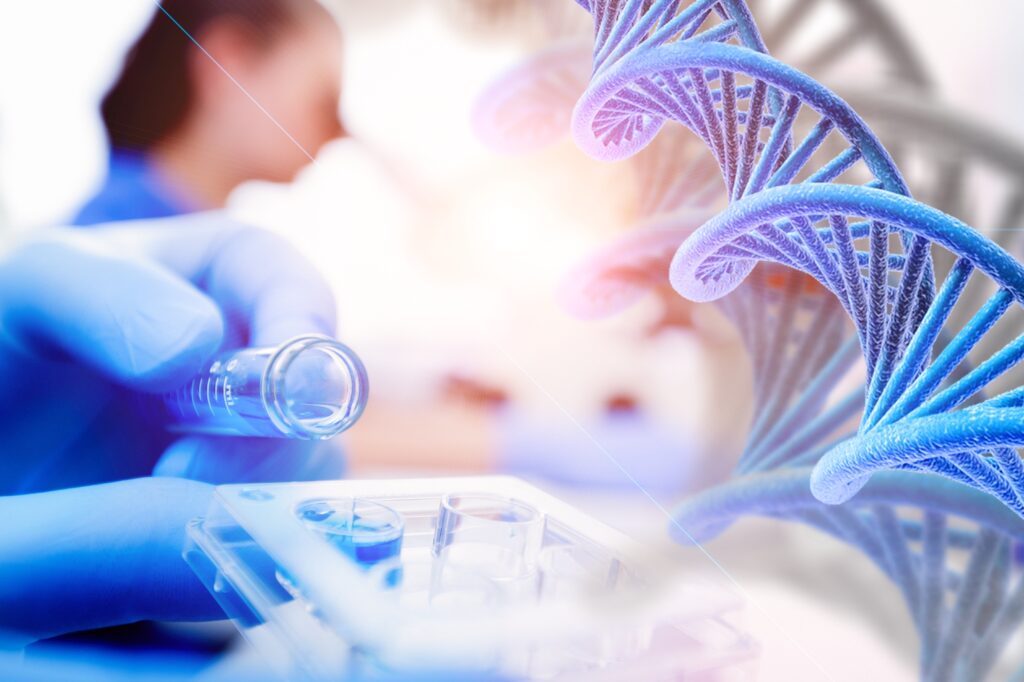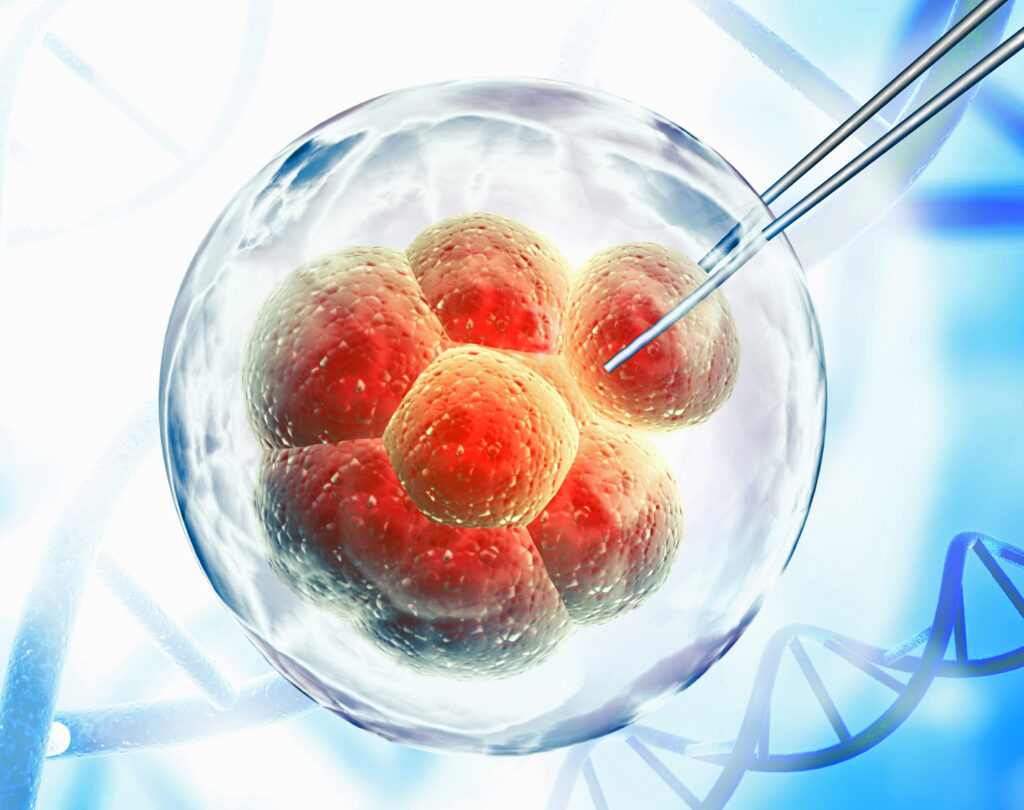Anti-Aging Therapies
Genesis Factor: Regenerative Protein Array (RPA)
What is RPA?
Regenerative Protein Array (RPA) represents a groundbreaking advancement in the field of regenerative medicine. RPA is a sophisticated array of proteins, growth factors, and cytokines derived from placental tissue.
This innovative approach is based on the understanding that the therapeutic power of regenerative medicine lies not in the direct transformation of injected stem cells into target tissues, but rather in their ability to modify the surrounding cellular environment through key biological messages. ₁
Regulatory Profile
RPA contains no live cells, only proteins, is a lyophilized and shelf stable product that the FDA classifies as proteins and has no governance over such proteins at this time.

Application in Medicine
RPA is estimated to be up to 1000 times more potent than conventional treatments like Platelet Rich Plasma (PRP). This potency is attributed to the comprehensive range of regenerative factors present in RPA, which collectively contribute to its superior therapeutic effects. RPA may administered via I.V., intranasal nebulization, or subcutaneous injection. ₁
Mechanism of Action
RPA works by essentially ‘reprogramming’ the local environment of damaged or diseased tissues. The array of proteins and growth factors in RPA reactivates cellular processes, leading to enhanced transcription and translation activities within the cells. This reactivation aids in restoring the tissue’s natural balance and promotes healing and regeneration.
Safety Profile
One of the critical advantages of RPA is its safety. Since the product is devoid of DNA or whole cells, it significantly reduces the risk of adverse reactions, off-target effects, or contraindications associated with other cell-based therapies. This aspect makes RPA a safer alternative for patients and a preferred choice for clinicians. ₁

₁ All manufacturer materials supporting claims made on this page are available upon request.
Contact NOVO today to learn how we can enhance the health and wellness of your patients and your practice.
All rights reserved.
